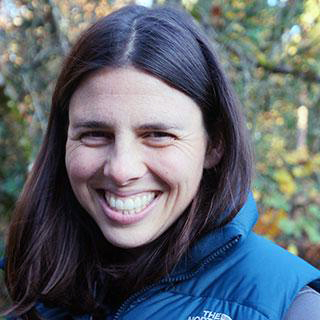2019 IU Science Symposium
Undergraduate Research + Capstone Experiences
September 20, 2019, 10 a.m. to 3 p.m.
IU Bloomington, Indiana Memorial Union Tree Suites
All science faculty members at Indiana University (all campuses) are invited, on behalf of University Academic Affairs, to the 2019 Indiana University Science Symposium. Registration is free, but limited to the first 120 people. You may register online until noon on September 13, 2019.
This year’s Science Symposium is pleased to welcome guest speaker, Sara Brownell, Associate Professor in the School of Life Sciences at Arizona State University. Sara will be presenting on “Assessing Your CURE: A Practical Guide for Instructors of Course-Based Undergraduate Research Experiences.” Additionally, there will be a faculty panel and break-out sessions by discipline to further explore the topic with colleagues.
Campus parking information and maps can be found here. Event check-in and general session will be held in the Frangipani Room (located in the main level of the IMU). Lunch will be provided.
For questions, please contact Cathrine Reck at creck@indiana.edu, 812-855-3972 or 812-272-9014.


